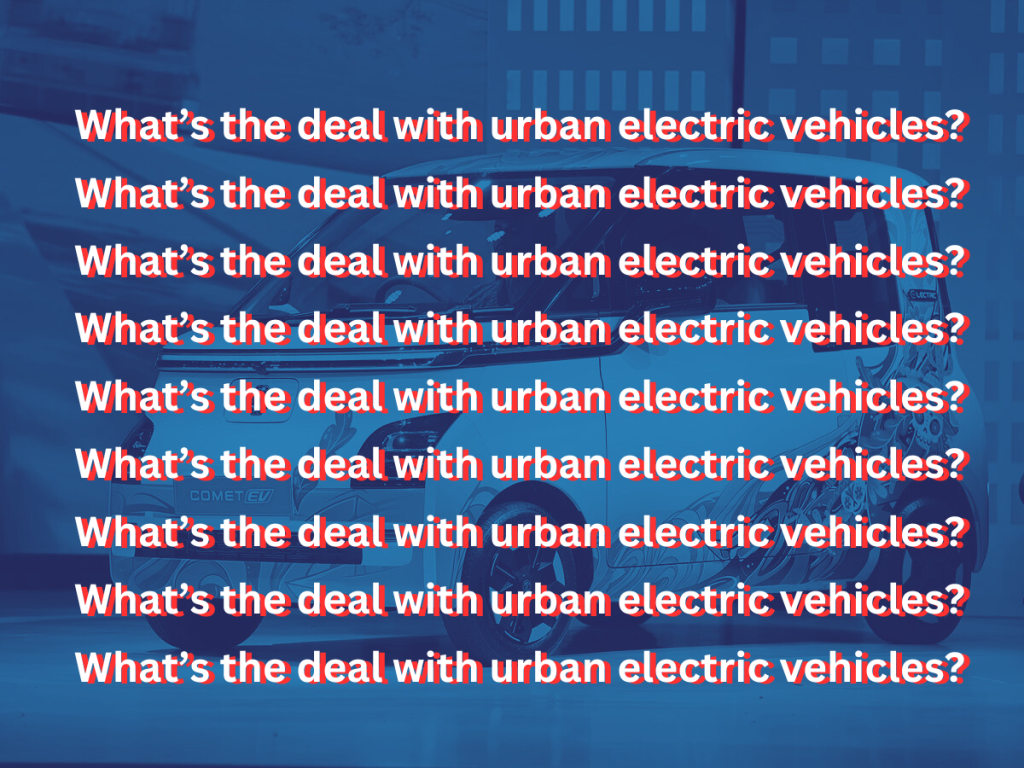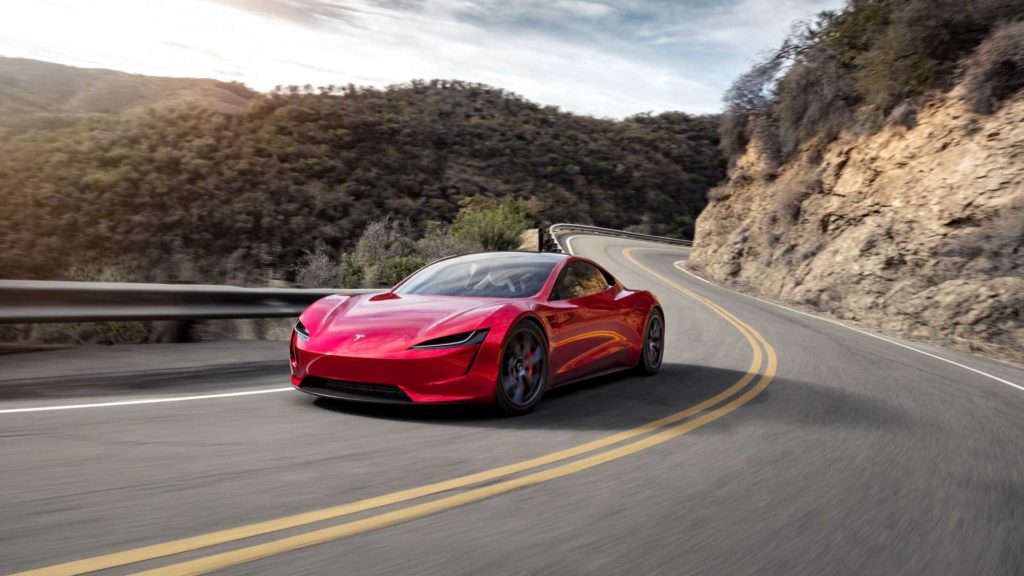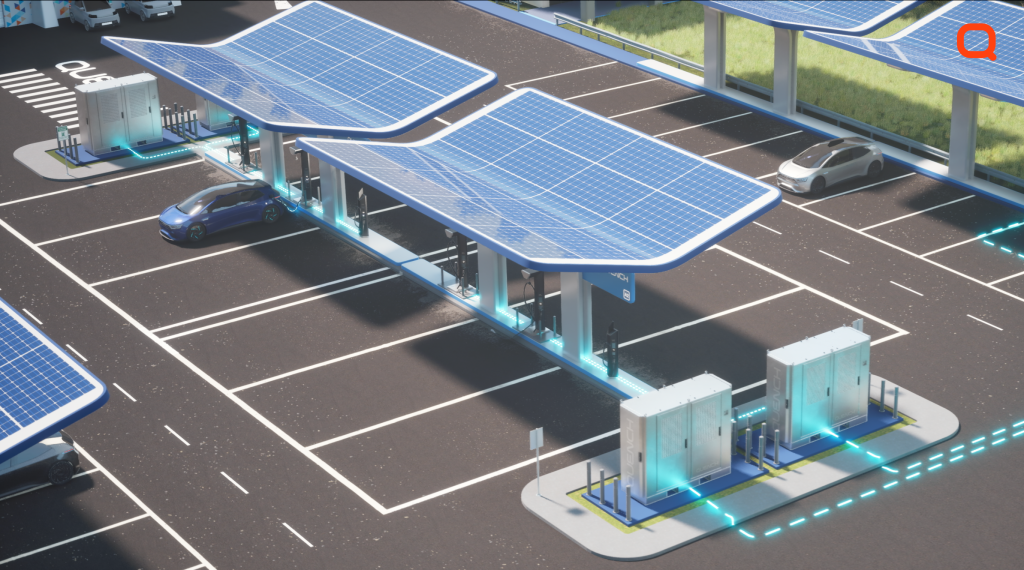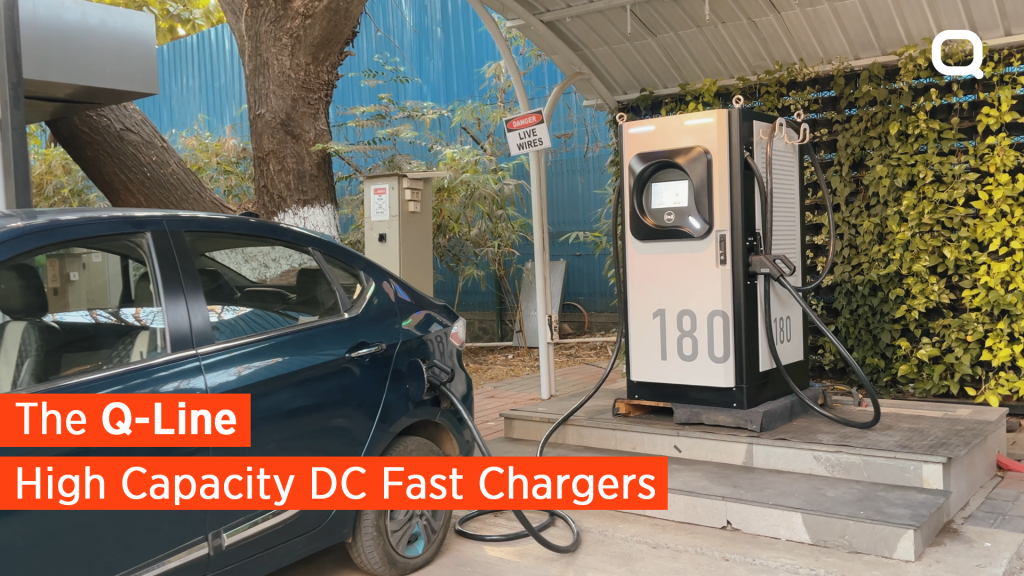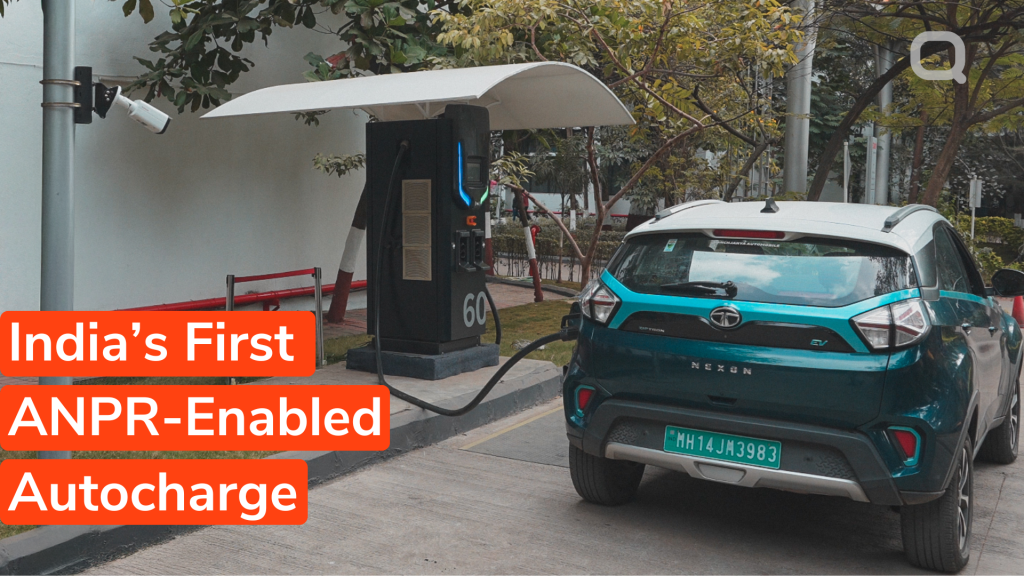Battery for Electric Vehicle
Have you ever thought about a battery for your electric vehicle? It’s a great way to make sure that you’re covered in case of emergencies. In this essay, we’ll discuss the pros and cons of using a battery for your electric vehicle.
The first thing to consider is whether or not your electric vehicle needs a battery. Most people who are new to electric vehicles think that they need a battery, but that isn’t always the case. An electric vehicle powered only by electricity from the grid (like in most cases in the US) doesn’t need a battery. If you live in an area with high electricity prices and your electric vehicle can be plugged into an outlet at home, then you don’t need a battery.
Other types of electric vehicles do have batteries, though. Electric vehicles that use regenerative braking or that have an on-board generator usually have batteries. These batteries give the car enough power to go some distance, but they’re not meant for long-distance travel.
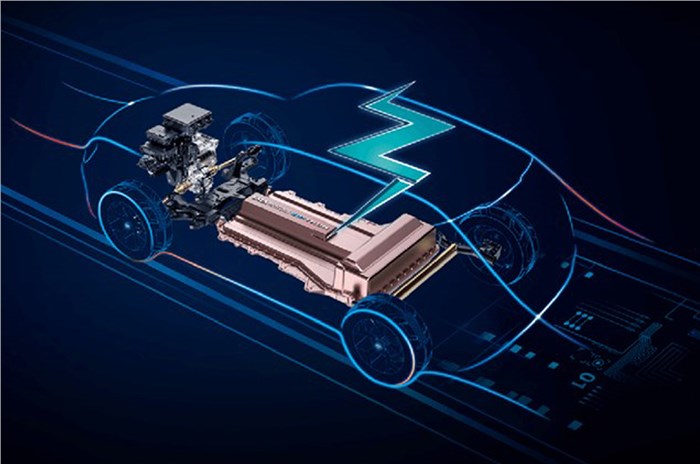
What is a Battery for an Electric Vehicle?

Pros and Cons of Using a Battery for an Electric Vehicle
Electric vehicles are becoming increasingly popular, and with that comes the need for a reliable battery to power the vehicle. A rechargeable electric vehicle battery is the most common choice for powering an electric vehicle. These batteries are designed to provide a steady supply of power to the vehicle and can be recharged after being depleted. While using a rechargeable battery for an electric vehicle can be beneficial, there are also some drawbacks. Pros include the ability to recharge after being depleted, freedom from having to purchase multiple batteries, and the fact that they are typically more efficient than other types of batteries. Some cons of using an electric vehicle battery include their limited range, their requirement for a special charger, and their vulnerability to extreme temperatures. Ultimately, the decision to use a battery for an electric vehicle should be based on your individual needs. With proper maintenance and care, an electric vehicle battery can provide a reliable and efficient power source for your electric vehicle.
Consider the pros and cons of using a battery for your electric vehicle and determine whether or not it is the right choice for your needs.

What to Look for When Buying a Battery for an Electric Vehicle
When it comes to buying an electric vehicle battery, there are several factors to consider. The battery is a key component of an electric vehicle, providing the power necessary to drive the vehicle. It is important to choose a battery that is suitable for the make and model of your electric vehicle. Additionally, it is important to ensure that the battery has a long life and is able to withstand frequent use. The capacity of the battery should also be considered, as this will determine how far you can travel with a single charge. It is also beneficial to purchase a rechargeable battery, as this will allow you to recharge your vehicle quickly and easily. In addition, purchasing an electric vehicle battery charger can help you to maintain your battery in optimal condition. When choosing a charger, look for one that is designed for your make and model of electric vehicle. By doing so, you can ensure that your electric vehicle battery remains safe and functioning properly for years to come.
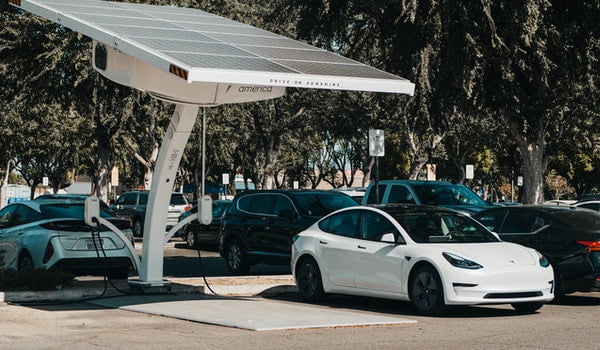
What Maintenance is Required for EV battery?
Maintaining an electric vehicle (EV) battery is essential to ensure optimal performance and a longer lifespan. Electric vehicle batteries are rechargeable and require periodic maintenance to operate efficiently. To maintain an electric vehicle battery, you should charge it regularly and check the water level in the cells. A battery charger should be used to ensure that the battery is charging properly and that the charge is not too high or too low. Additionally, if you notice any corrosion, you should contact a professional for help. Another important part of EV battery maintenance is to monitor the storage temperature. If your EV battery is exposed to extreme temperatures, it can cause damage and reduce its life. Finally, you should also check the terminals and cables regularly to make sure they are clean and free from corrosion. Taking care of your EV battery will help ensure you have a reliable and efficient electric vehicle for many years to come.
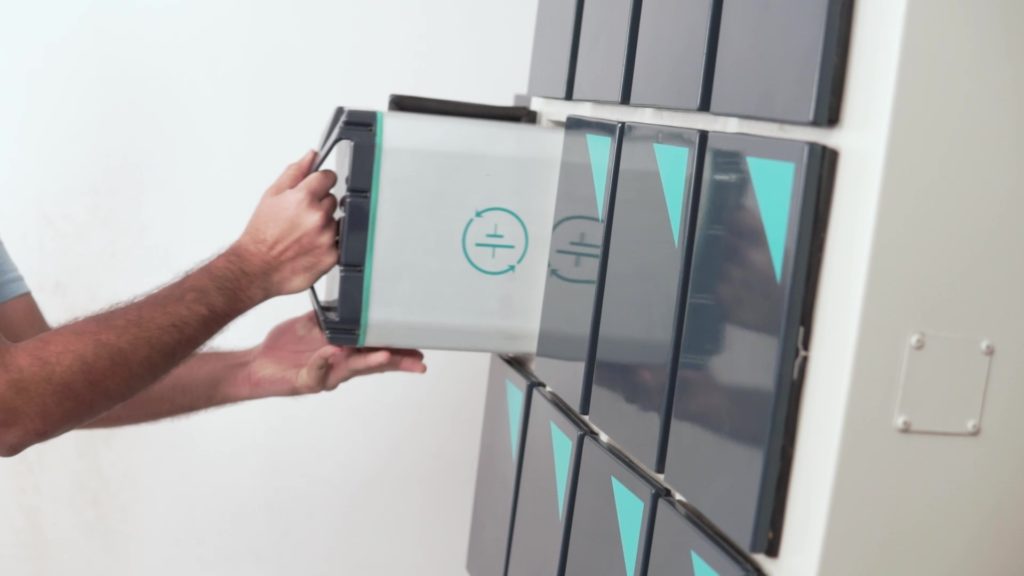
How Long Should a EV Battery Last?
An electric vehicle battery is a crucial part of an EV, allowing it to power its motor and keep you moving. Knowing how long your EV battery should last is essential, but there are several factors that can affect its longevity. The type of electric vehicle rechargeable battery you use, your driving habits, and how often you charge it are all factors that can influence the lifespan of your EV battery. Additionally, the electric vehicle battery charger you use can also play a part in the duration of your EV battery's life. Generally, an EV battery should last between 4 and 8 years if it's well maintained and charged properly. To ensure that your EV battery stays in working order, be sure to use a high quality electric vehicle battery charger and charge your EV regularly. Taking these steps will help to keep your EV battery running for many years to come.
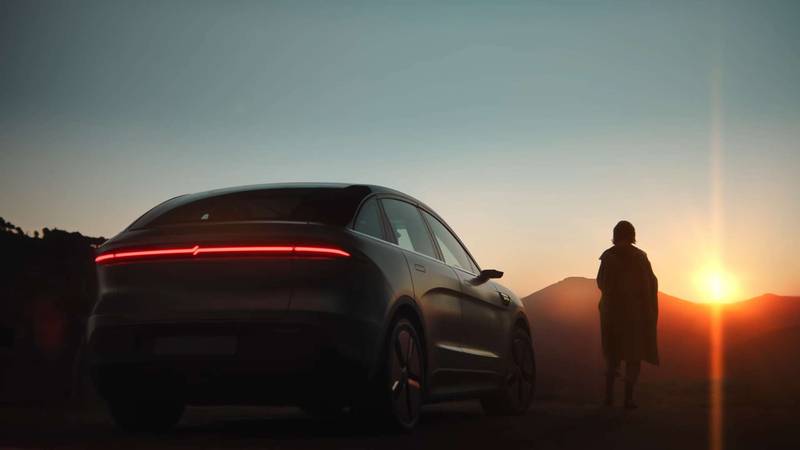
Which battery is used in electric cars?
Electric vehicles use a rechargeable battery pack as a power source, typically stored in the trunk or under the hood. The battery pack is made up of multiple cells, usually connected in series to form a large voltage. The most commonly used batteries are lithium-ion, nickel-metal hydride, and lead-acid batteries. Each of these batteries have their own advantages and disadvantages. Lithium-ion batteries offer the highest energy density, allowing for a greater range on a single charge. However, they are also the most expensive option. Nickel-metal hydride batteries offer a slightly lower energy density but are less expensive and require less maintenance. Lead-acid batteries provide the lowest energy density but are the least expensive option and require little maintenance. To recharge electric vehicle batteries, an electric vehicle battery charger is necessary. These chargers typically plug into a standard wall socket and can be used with any of the battery types listed above. It's important to know which type of battery is used in your electric vehicle so you can purchase the appropriate charger and ensure that your battery is well maintained.
A battery is a great way to ensure that you're covered in case of emergencies when driving an electric vehicle. We hope that this essay has given you the information you need to make informed decisions when purchasing your next battery. Be sure to check out our Electric Vehicle Chargers website.
EV - Educate
How can we help you?
Contact us for more information about Electric vehicle and its relevant subjects.

Quench Unveils Advanced BESS-Assisted Energy Management System to Address EV Charging Demands
Pune, India, March 19th, 2025 Quench, a pioneer in EV charging technology, proudly announces the launch of its Advanced BESS-Assisted Energy Management System. This state-of-the-art
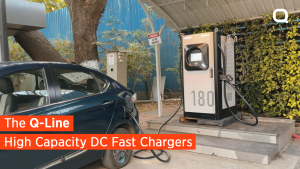
Quench Unveils Q-Line: India’s Most Robust EV Chargers Specifically Designed for Fleet Operations in India
Pune, India, February 26th, 2025 Quench, a leader in advanced EV charging solutions, proudly announces the launch of the Q-Line, high-performance EV chargers specifically engineered
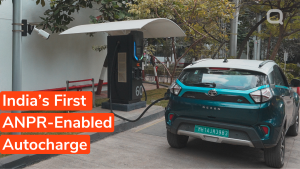
Quench Introduces ANPR-Enabled Autocharge for a Frictionless EV Charging Experience
Pune, India, February 20th, 2025 Quench, a leader in advanced EV charging solutions, has introduced its latest innovation—ANPR enabled Autocharge—designed to simplify and enhance the

EP 54 | Decoding the Future of Urban Electric Mobility | Gensol EV | Pratik Gupta
India’s population is projected to surpass China’s in both overall numbers and population density in the coming years. This growth is particularly concentrated in urban

EP 53 | Industrial Decarbonisation with Green Hydrogen | Shardul Kulkarni
In his Independence Day address, Prime Minister Narendra Modi reaffirmed the government’s commitment to establishing India as a global leader in green hydrogen through the

EP 52 | Empowering Sustainable Last Mile Deliveries | Uday Narang
The Indian EV and energy transition sector has been in flux for the last three years. If you looked at it just three years ago,










